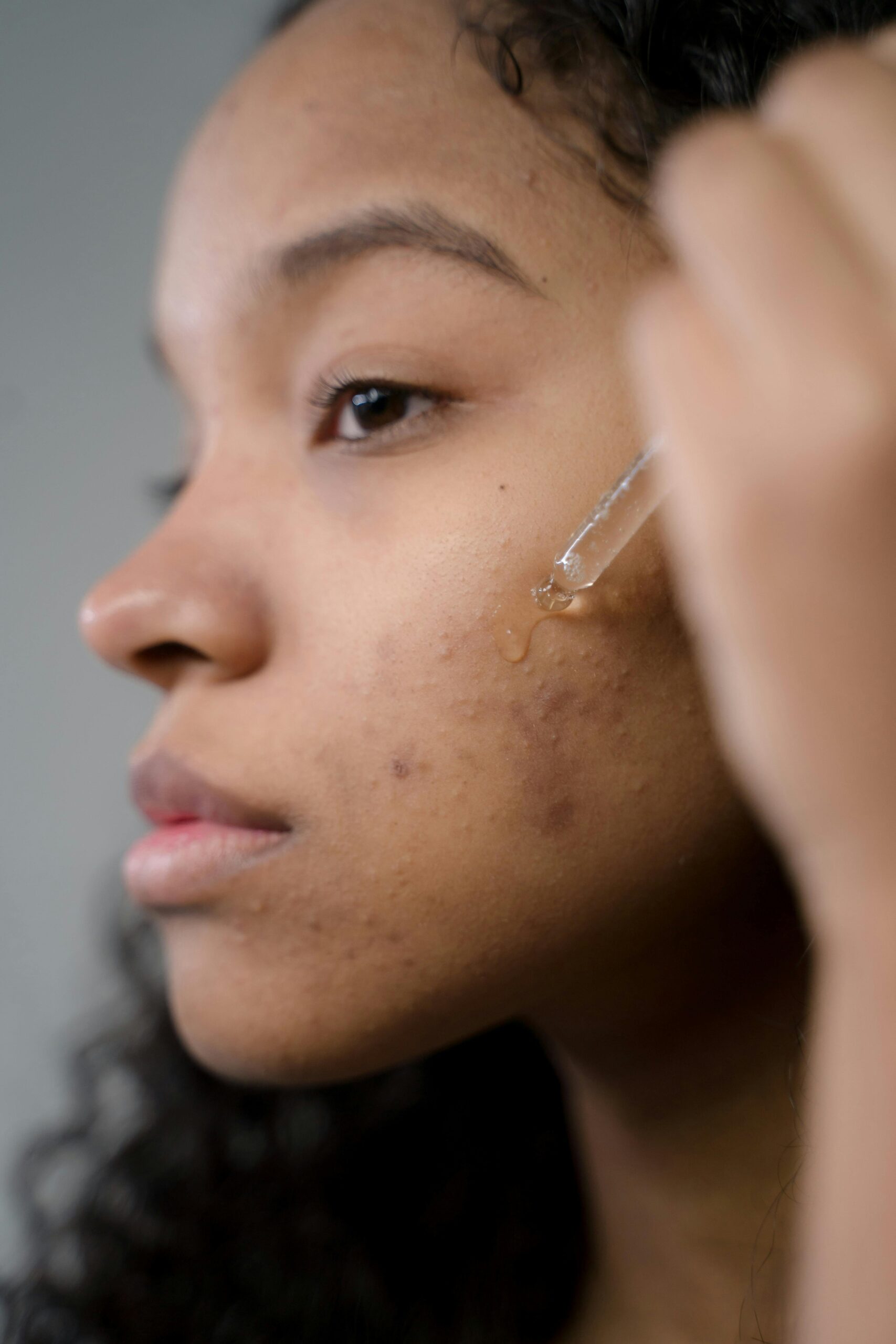Hydration Tips for Better Health
Understanding the Importance of Hydration
Hydration is key to maintaining your body’s overall function and health. Proper hydration can improve physical performance, enhance cognitive function, and help in the prevention of chronic diseases. **Staying hydrated** also supports digestion, nutrient absorption, and temperature regulation. Most adults require around 2 to 3 liters of water daily, but needs can vary based on factors like body size, activity level, and climate. Understanding how water contributes to bodily functions is crucial for optimizing hydration practices.
How Much Water Do You Need?
The amount of water you need can depend on various factors including age, weight, climate, and activity levels. A common recommendation is the “8×8 rule,” which suggests drinking eight 8-ounce glasses of water a day, totalling about 2 liters or half a gallon. However, it’s essential to listen to your body’s signals; thirst is a clear indicator. Certain lifestyle factors, like exercising vigorously or spending time in hot weather, can increase your water needs significantly. **Tracking your water intake** can help you stay on top of your hydration goals.

Benefits of Staying Hydrated
Staying properly hydrated has a myriad of benefits. First, it can enhance your **physical performance**. During exercise, dehydration can lead to fatigue, decreased coordination, and muscle cramps. Additionally, hydration plays a vital role in cognitive performance, supporting concentration and memory function. For skin health, staying hydrated can lead to a more radiant complexion and help maintain elasticity. Regularly consuming adequate water can also regulate your **body temperature**, ensuring you feel comfortable regardless of external conditions.
Practical Hydration Tips
Implementing daily hydration strategies can make it easier to ensure you’re getting enough water. One straightforward approach is to carry a **reusable water bottle** with you throughout the day. This serves as a visual reminder to drink water and keeps it readily available. Flavoring your water with fruits or herbs can also encourage you to drink more. Moreover, integrating water-rich foods like fruits and vegetables into your diet can contribute significantly to your hydration levels.
Setting Reminders to Drink Water
In our busy lives, remembering to drink water can sometimes slip our minds. Setting **reminders on your phone** or using apps that track your water intake can be incredibly effective. These tools can help create a routine and establish a habit. Another technique is to drink a glass of water before or after each meal. This not only helps with hydration but may also aid in digestion and help prevent overeating.
Hydration and Exercise
When engaging in physical activity, it’s crucial to pay extra attention to your hydration levels. Begin your workout well-hydrated and replenish fluids lost through sweating. For longer sessions, consider sports drinks that can replenish electrolytes. A practical tip is to drink water at specific intervals during your workout, such as every 15-20 minutes. This helps maintain optimal hydration throughout your exercise regimen.

Signs of Dehydration
Recognizing the signs of dehydration is vital for taking action before it escalates. Symptoms can range from mild to severe, including dry mouth, fatigue, dizziness, and dark urine. If you notice these signs, it’s essential to increase your fluid intake. In extreme cases, dehydration can lead to more severe complications; hence, staying attuned to your body is vital.
How to Rehydrate Effectively
To rehydrate effectively, start by drinking small amounts of water gradually. Consuming snacks that contain electrolytes, such as bananas or yogurt, can also aid in restoring your body’s electrolyte balance. In situations involving intense dehydration, consider oral rehydration solutions (ORS) that are specially formulated to quickly replenish hydration and electrolytes.
Hydration and Lifestyle Choices
Your lifestyle choices significantly influence your hydration levels. For instance, consuming caffeine and alcohol can lead to increased fluid loss, necessitating greater water intake to offset this effect. Adopting mindful strategies around these beverages can support better hydration. Choosing herbal teas, which are less dehydrating, or opting not to exceed recommended alcohol limits can also improve your hydration levels.
Key Takeaways
- Hydration is essential for overall health and bodily functions.
- Monitor water intake according to personal lifestyle factors.
- Set reminders to assist with consistent hydration throughout the day.
- Recognize signs of dehydration to take timely action.
- Make mood-enhancing **strategic lifestyle choices** to improve hydration.
FAQ
1. What are some water-rich foods to include in my diet?
Incorporating water-rich foods like cucumbers, oranges, strawberries, and lettuce can significantly help in maintaining hydration levels. These foods not only provide hydration but also are rich in vitamins and minerals, contributing to overall health. Aim to include a variety of fruits and vegetables in your meals to ensure adequate hydration.
2. Does coffee count towards my daily water intake?
Yes, coffee does contribute to your daily hydration levels, although it should be consumed in moderation due to its caffeine content. While caffeine has mild diuretic effects, the hydration benefits of the liquid outweigh the potential loss. Pairing coffee with additional water intake can help maintain proper hydration.
3. Can I be hydrated and still feel thirsty?
Yes, it is possible to feel thirst despite being adequately hydrated. Thirst can be influenced by factors like environment, exercise intensity, and even stress levels. Listening to your body and responding to thirst signals is crucial, regardless of your perceived hydration status.
4. How can I hydrate faster after a workout?
To hydrate quickly post-workout, drink water immediately after you finish exercising. Additionally, consuming drinks that contain electrolytes can help restore balance faster. Foods like watermelon or oranges post-exercise are excellent choices as they help replace lost fluids and electrolytes.
5. Are there any health conditions that require increased hydration?
Certain health conditions such as fever, vomiting, or diarrhea significantly increase the need for hydration. Likewise, people with kidney issues or urinary tract infections may also require increased fluid intake. It’s always best to consult with a healthcare provider for personalized hydration recommendations in such cases.
